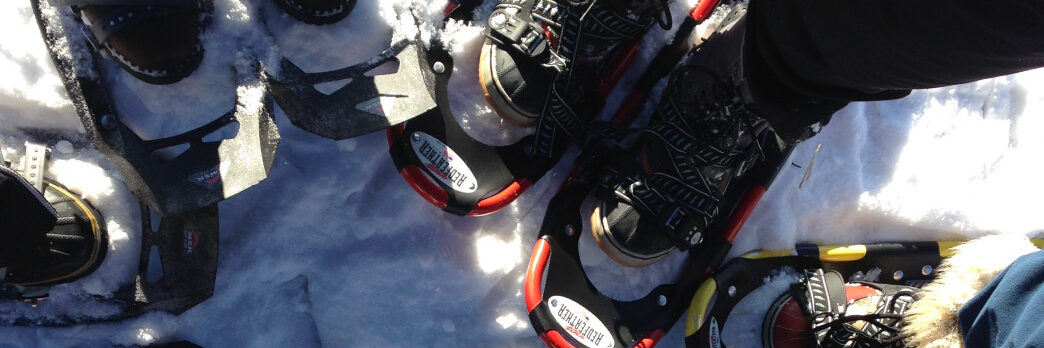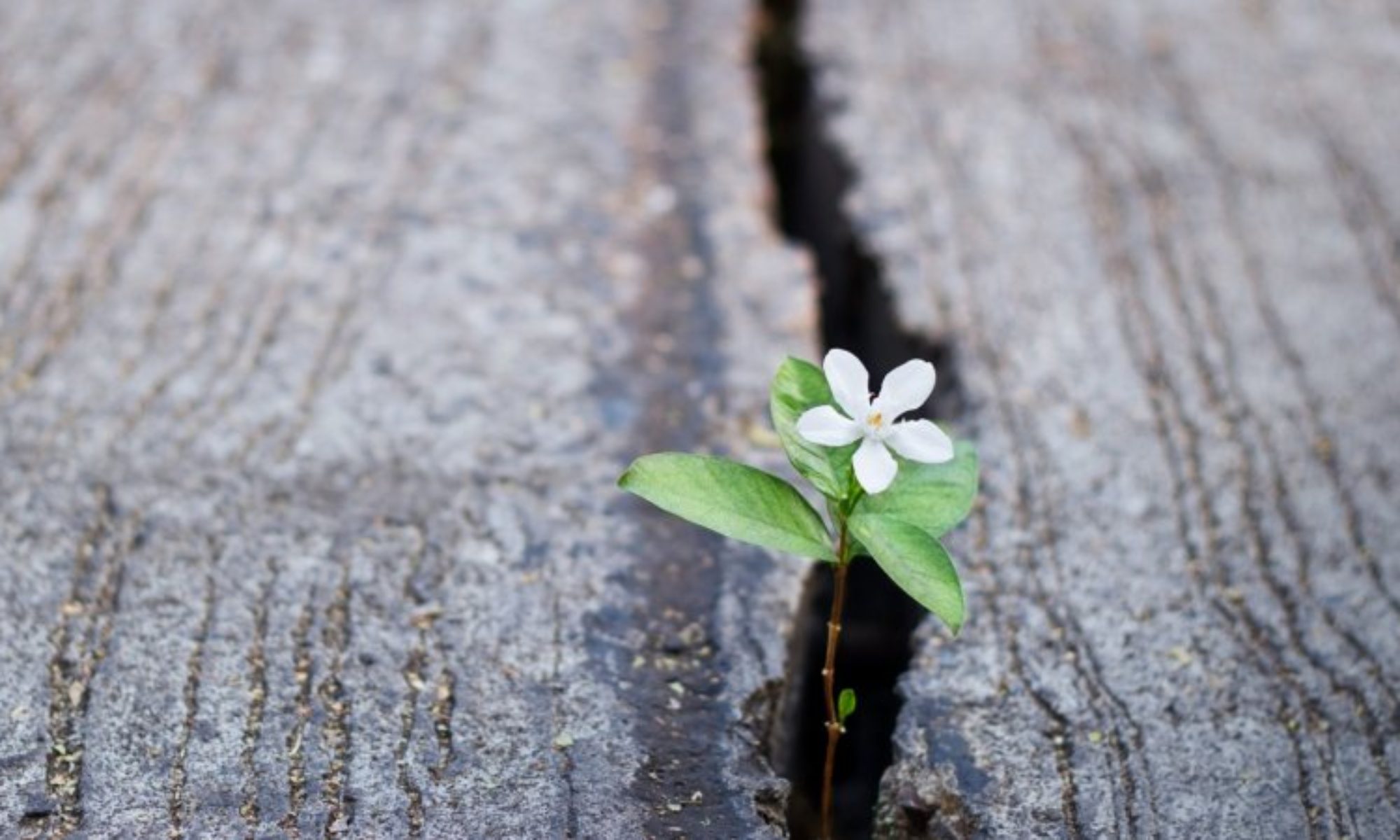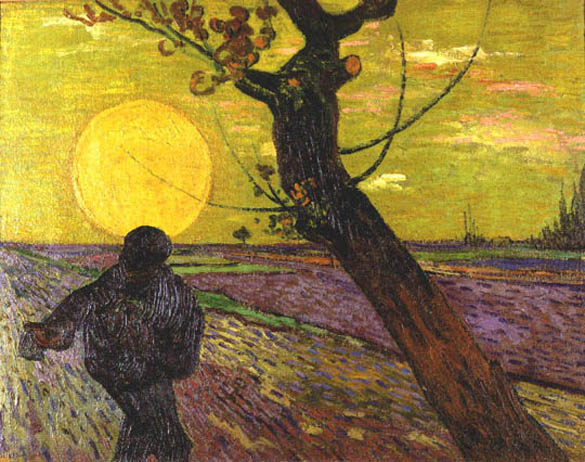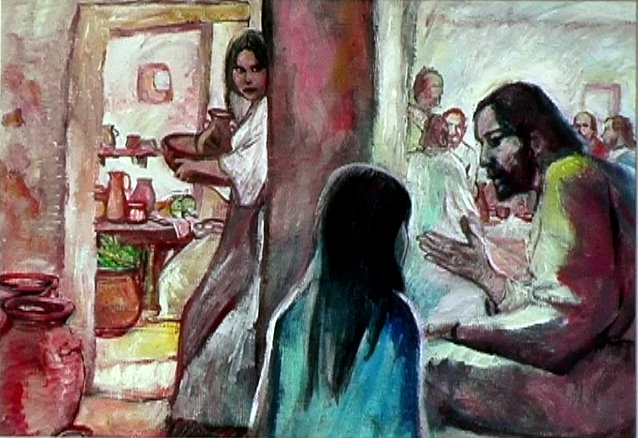PEACE Daily Devotional: Advent 2 – Dec 12
Cultivate peace each day this week. December 12: The Call to Justice Scripture: Isaiah 32:17 –– The effect of righteousness will be peace, and the result of righteousness, quietness and trust forever. Meditation: Peace in communities and social settings grows out of sustainable justice for all people. Spiritual Discipline: Educate yourself on a justice issue […]





